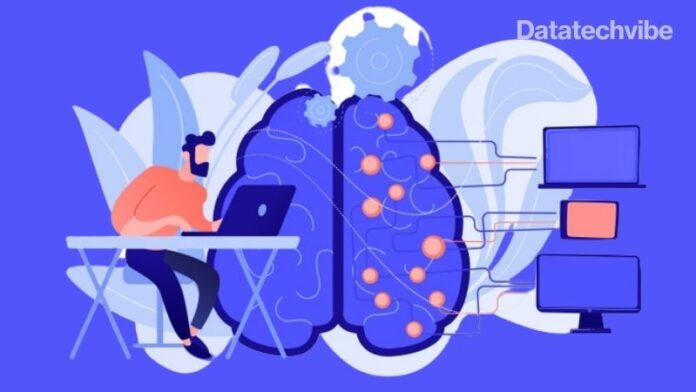AI has changed the face of customer service by raising efficiency and customer satisfaction while lowering the overall associated expenses. Even though organisations have made great strides in gaining customer trust with AI interactions, they still struggle with customer satisfaction.
Organisations worldwide have turned to AI, such as chatbots and digital assistants, to improve the customer experience. More businesses are using machine learning algorithms and AI to automate their daily operations and analyse customer data. Even though this leads to better prediction of customer needs and faster delivery of services and solutions, the missing element here is the human touch.
Despite the growing usage of AI technologies, customers are more likely to trust real people to help make decisions. Users rely on only those tools that seek to incorporate empathy and ethical decision making. It is the crucial element of building trust between technology and humans.
Read More: Agile Marketing: Post-Pandemic Recovery Tips for Businesses
AI Redefining Customer Care
AI, chatbots, virtual assistants, and smart speakers have been around, and their capabilities continue to advance rapidly. But, when it comes to delivering seamless experiences that consumers crave, these technologies sometimes lack the all-important human touch that generates positive outcomes.
Integrating AI with digital customer platforms can help speed up the decision-making process. It makes it easier to provide customers with the most relevant products and services for their needs, enabling a proactive and smooth customer journey that makes consumers feel known and recognized. AI technologies can act as personal assistants to human agents and quickly access the agents’ data and knowledge to respond to customers more efficiently.
Another bonus of AI is that it never needs rest. It helps customers to have access to 24/7 support. Which is not just excellent service anymore; it is table stakes in today’s market. Customers are no longer willing to wait until businesses open their doors to get answers to their biggest account questions. AI makes that possible.
Improving Personalisation.
A critical way AI is transforming customer experience is by providing personalised content. AI technology is also finding its way into the cloud, where organisations are putting their data lakes to achieve faster insights from data and analytics. Long with personalised recommendations, organisations are now also turning to AI services to help develop customised content. Customers are more likely to buy from a company that has spent time or has used a program to get to know them.
Rehumanising Customer Experiences
CMOs believe customers can soon manage most of their relationships with companies without any human intervention. The advanced AI technologies available today are rapidly becoming capable of offering empathy. With natural language processing and advanced machine learning, they can detect keywords in conversations and a customer’s current mood- and respond accordingly. They are capable of bi-directional, almost human-like communications and pinpoint customers’ exact needs and decision-making drivers.
AI Privacy Concerns
There has been much coverage on data privacy, and AI usage will only increase privacy concerns. Privacy concerns are cropping up as companies feed more and more consumer and vendor data into advanced, AI-fuelled algorithms to create new bits of sensitive information, unbeknownst to affected consumers and employees.
Read More: Strategising a Robust B2B Marketing Campaign for SaaS Companies
Organisations in the Middle East need to be steadfast in considering the data they collect and utilise for AI projects and machine learning. There is a rising expectation of companies, to be more transparent with customer data collection, usage, storage, and security. AI for customer experience is here to stay, and the pandemic acted as a catalyst in moving organisations towards AI implementation.
Soon computers will be able to differentiate between a smile and a smirk; a level of sophistication which can make customer interactions genuinely human.









